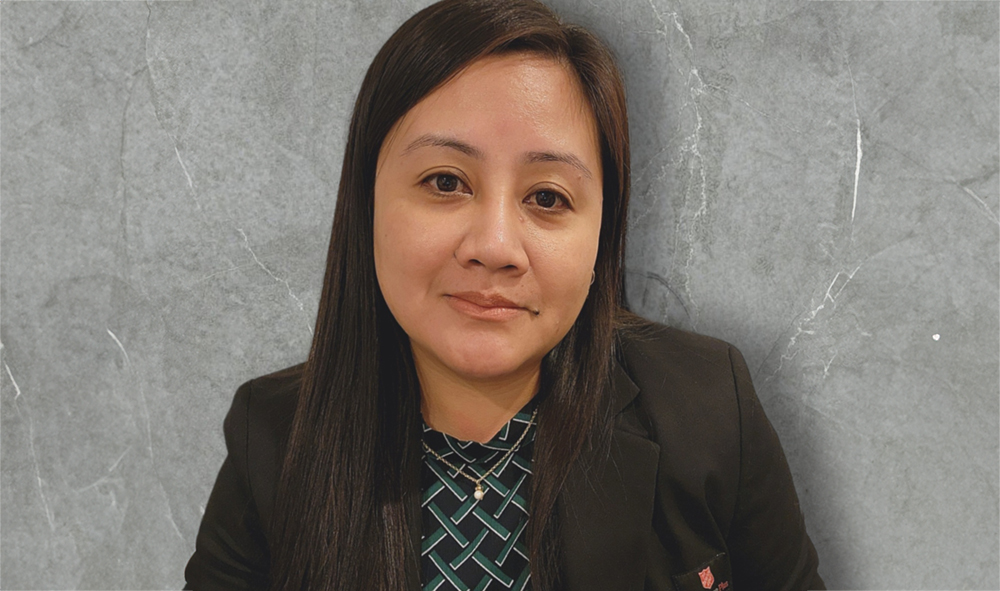Alzheimer's and Brain Awareness Month

“It’s very complex,” tells Aileen Rendon, Centre Manager of The Cairns Aged Care Centre (“The Cairns”) when speaking of dealing with Alzheimer’s. “It’s very confronting at the same time. It’s daunting especially if it’s the first time for you.” According to the Alzheimer’s Association, there are more than 55 million people living with Alzheimer’s or another dementia worldwide.
Aileen notes there are often signs prior to developing Alzheimer’s to look out for, including forgetfulness and a lack of judgment. “It can vary from person-to-person but the most common thing I can see from my experience is when someone actually easily forgets and when they are conversing with someone,” she says. "We often see people forgetting about events, time, date and names of their loved ones. There are instances where they easily misplace items or have a hard time retrieving the words. Other times, we see people repeatedly asking the same questions or coming back and forth without knowing what they wanted. And lastly, they show poor judgment which puts them at risk of their safety.”
At a Centre level, staff at The Cairns provide 24/7 care and support, and they triage this support alongside other services. “We will actually have a proper assessment,” tells Aileen of the residents in her care. “I think the best thing is also to work with a social worker, or a hospital, so you can build a link with an aged care facility.”
When addressing the ways to navigate this progressive disease, Aileen highlights the importance of sleep. “One of the main things we normally tell our residents is, first and foremost, you have got to have a good rest. Sleep at least six to eight hours,” she says. “Sleep actually gives their brain a rest, so they can really function the next day.” She also highlights the importance of taking care of one’s mental health, building social networks and maintaining regular exercise and a healthy diet.
When considering the impact of Alzheimer’s on a resident, Aileen emphasises the importance of providing support to family members, as the disease also impacts them. “As part of the leadership team, I meet with the family; I will offer a personal discussion with them,” she explains. “They are actually given that pastoral care and spiritual care. Sometimes when you are in that time or that moment and you are lost and you have no one else to help you, often you need someone to pray for you.”
Aileen notes that this sense of compassion, which underpins her care, stems back to her own experience, first being inspired to work in aged care by her grandmother. “It has always been a passion to work in aged care,” she states. “I came from a very laid-back community in the Philippines, and I grew up with my grandmother. Unfortunately, I did not have a mother or a father, so my grandmother was the mother and father figure at the same time,” she explains.
“She was my rock, and she was my greatest support and I think that passion in working in aged care and helping with vulnerable people, stems from when I saw the helplessness of my grandmother. I have experienced working in an acute sector during my first few years in Australia. It was a lovely experience. However, as I grew in my years of service, I felt that the calling for me was within aged care. I decided to join in 2011 and it all made sense.”


